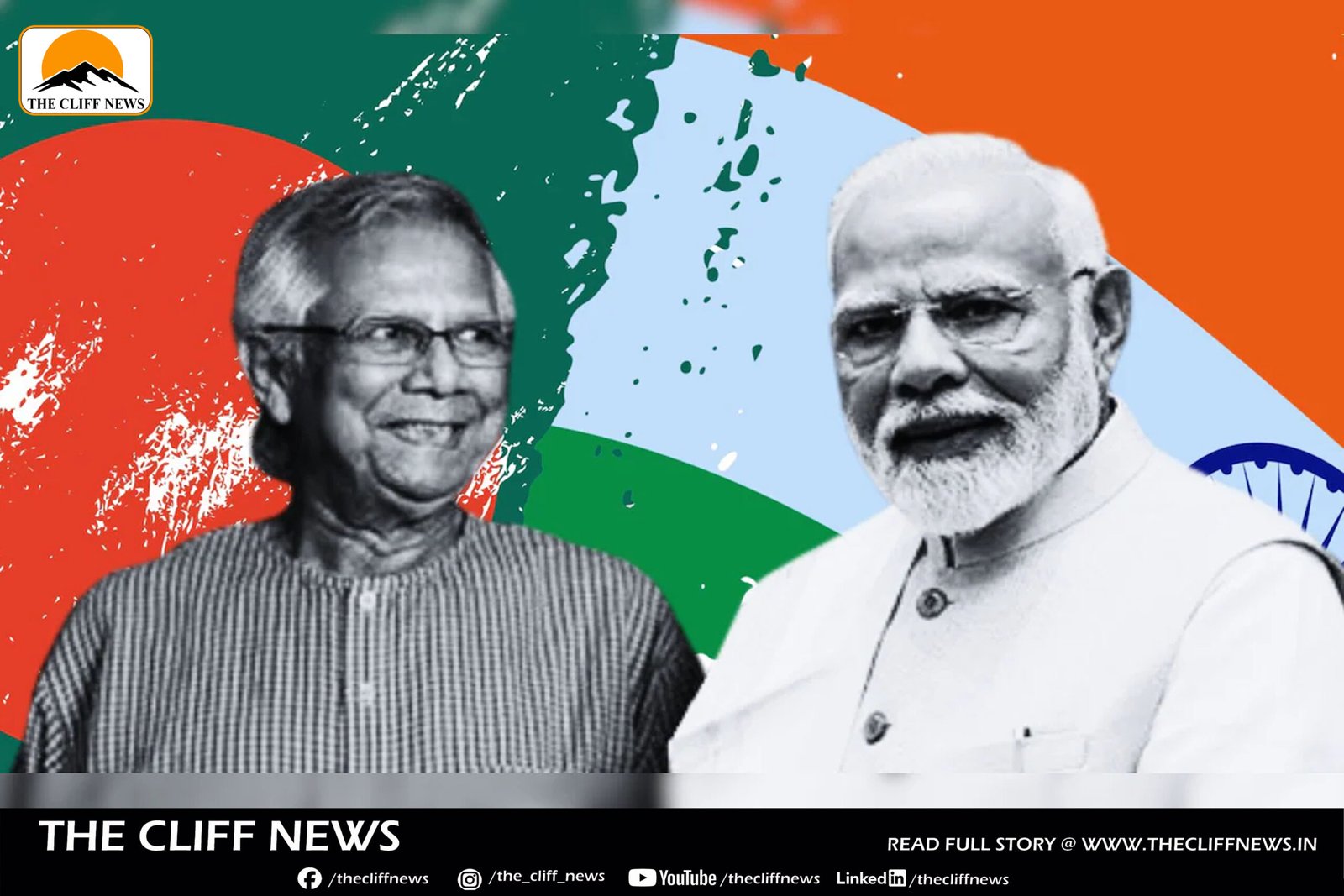India on Friday imposed new trade restrictions on imports from Bangladesh, citing deteriorating bilateral relations and recent political tensions. The Directorate General of Foreign Trade (DGFT) announced a ban on the import of certain jute products and woven fabrics through all land ports, restricting such imports solely to the Nhava Sheva seaport in Maharashtra.
Key Products Affected
The banned items include:
- Jute products
- Flax tow and waste
- Jute and other bast fibres
- Single and multiple folded flax/jute yarn
- Woven fabrics or flex
- Unbleached woven jute fabrics
The ban does not apply to Bangladeshi goods that transit through India to Nepal and Bhutan, but re-exports from Bangladesh to India via those routes are strictly prohibited.
Context: Tensions Escalate Over Yunus’ Comments
The latest directive follows controversial statements made by Muhammad Yunus, head of Bangladesh’s interim government, during a visit to China. His remarks, perceived as pro-China and dismissive of Indian concerns, sparked outrage among Indian policymakers and across political lines.
Relations further soured due to Yunus’ failure to control attacks on minorities, especially Hindus, in Bangladesh — an issue that India has consistently flagged in diplomatic communications.
Not the First Restriction
This is the third significant trade move by India against Bangladesh in recent months:
- May 17, 2025: India restricted port access for readymade garments and processed food from Bangladesh.
- April 9, 2025: India withdrew transhipment facilities previously granted to Bangladesh for re-exporting goods to the Middle East, Europe, and other regions (excluding Nepal and Bhutan).
Economic Impact
Bangladesh is a major textile competitor for India. Bilateral trade between the two countries stood at $12.9 billion in 2023–24, with India exporting goods worth $11.46 billion and importing goods worth $2 billion.
The fresh restrictions are expected to disrupt cross-border trade, especially for small and medium exporters in Bangladesh who rely on land routes for jute-related shipments.
Strategic Considerations
India’s actions also reflect growing discomfort with Bangladesh’s increasing proximity to China and Pakistan, which was reportedly discussed during a Parliamentary Committee meeting on Friday. The panel examined the implications of strained eastern ties on India’s strategic and economic interests.
Conclusion
With relations at a diplomatic low, India’s decision to tighten trade controls marks a turning point in the traditionally cooperative India-Bangladesh engagement. New Delhi has made it clear that economic privileges will not be extended to neighbors who undermine its regional and strategic interests.



